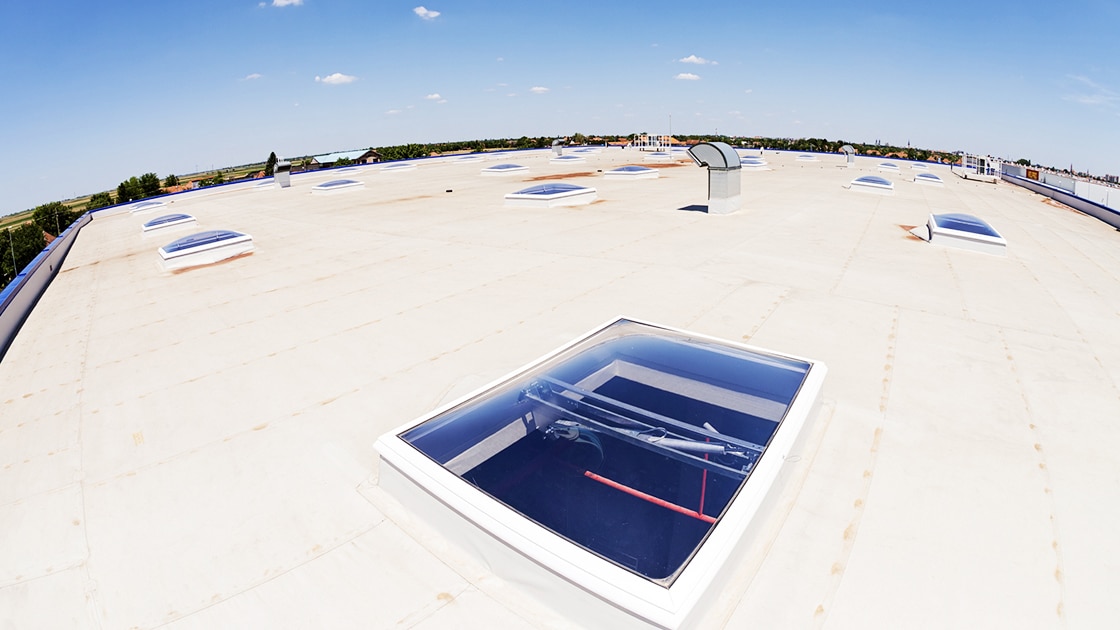
Are you looking to understand the ins and outs of PVC roofing membranes? Let's delve into this roofing material and determine if it's the right fit for your property.
Introduction to PVC Roofing
PVC, an abbreviation for Polyvinyl Chloride, stands tall as a top-tier choice in the realm of single-ply roofing membranes. Heralded for its resilience and longevity, this material has been gracing roofs for several decades.
Why Opt for PVC Roofing?
- Cost-Efficiency Over Time: While the upfront cost might seem a tad higher, PVC roofs pay for themselves over their lifespan. Their durability reduces the need for repairs, and their reflective properties can contribute to reduced cooling costs.
- Longevity: With a track record of up to two decades (or even more with premium care), a PVC roof might just be the long-term companion your property needs.
- Aesthetic Versatility: PVC isn't just about functionality. It's available in an array of colors and styles, offering aesthetic freedom to match various architectural visions.
Potential Shortcomings
Every roofing material has its cons. Some critics point to the higher initial costs of PVC roofs. Additionally, without proper installation, PVC can be susceptible to issues, emphasizing the need for skilled installation teams.
A Closing Thought
PVC roofing membranes, with their balance of longevity, aesthetic versatility, and environmental benefits, are indeed a formidable option in the world of roofing solutions. If you're pondering over your roofing choices, considering the benefits and potential drawbacks of PVC might lead you to a well-informed decision.

